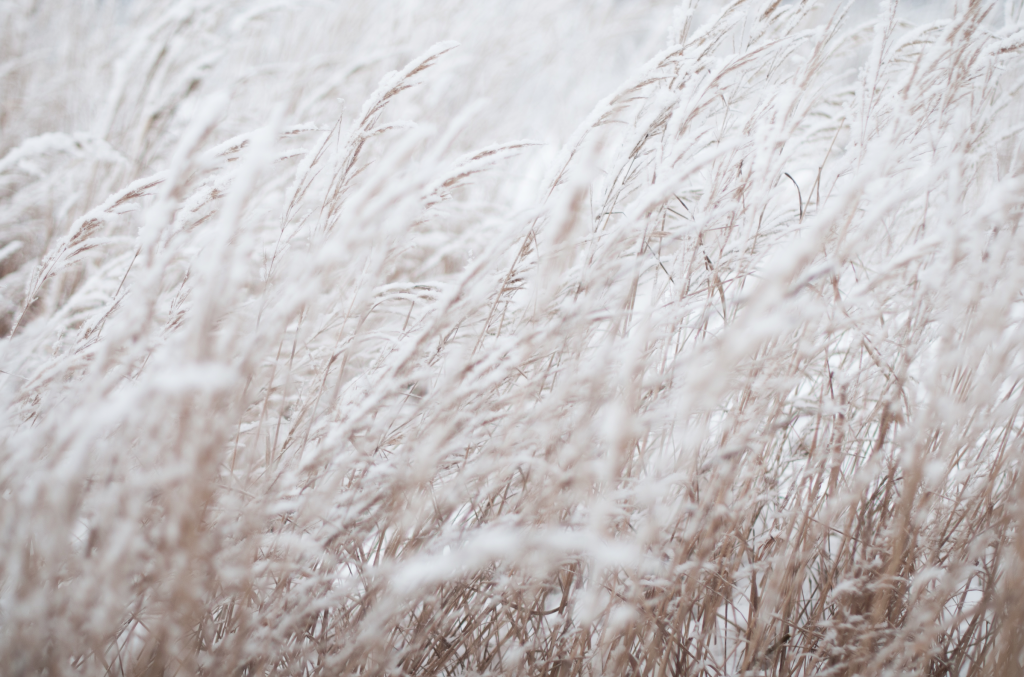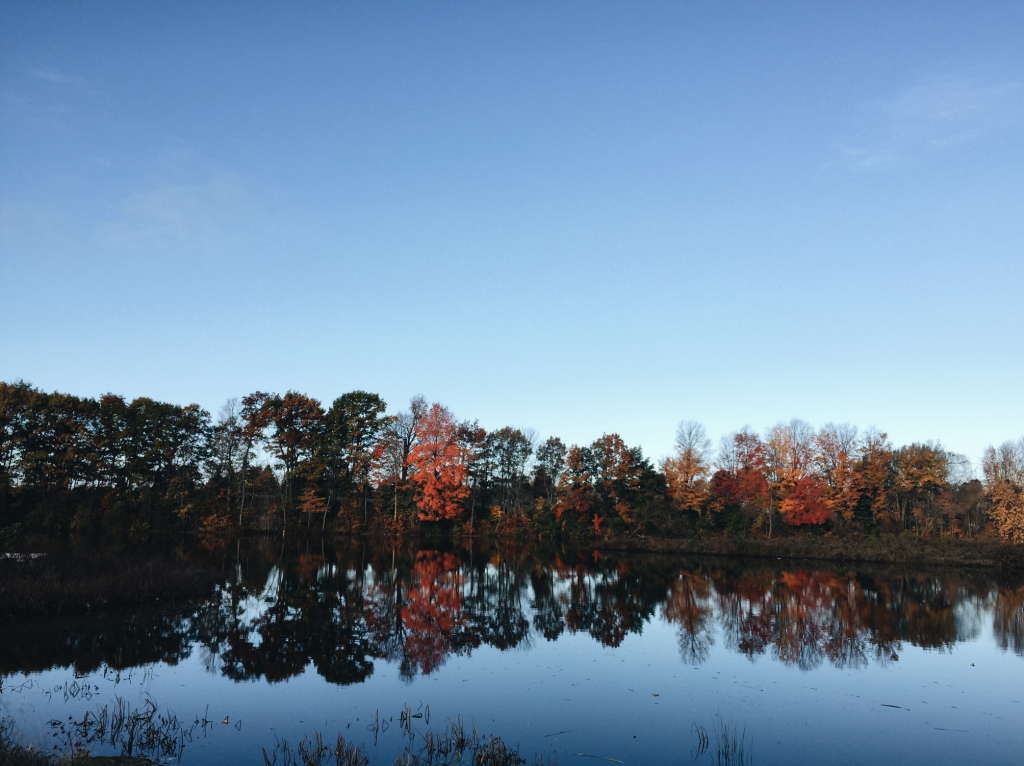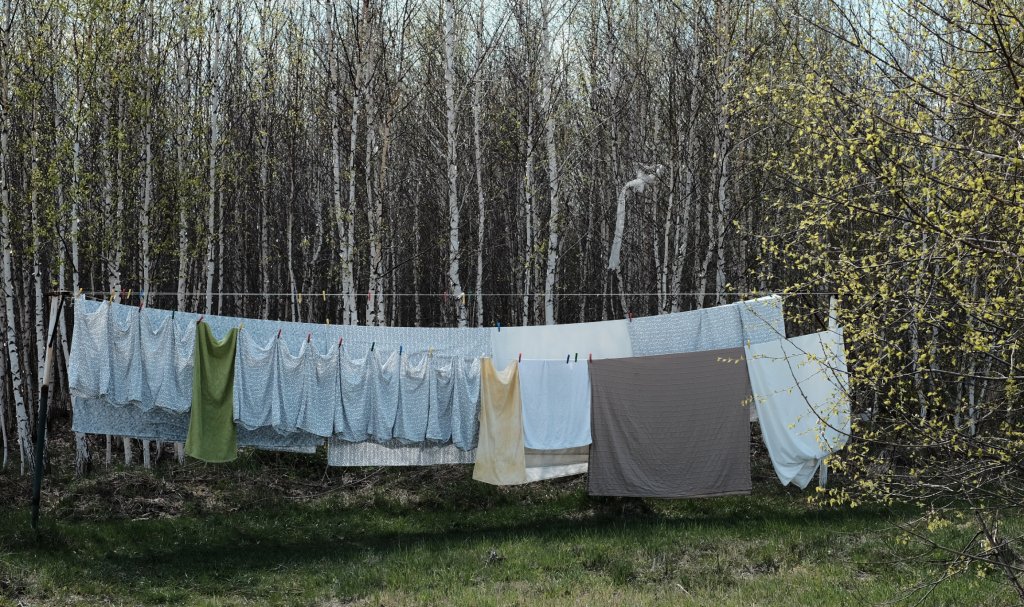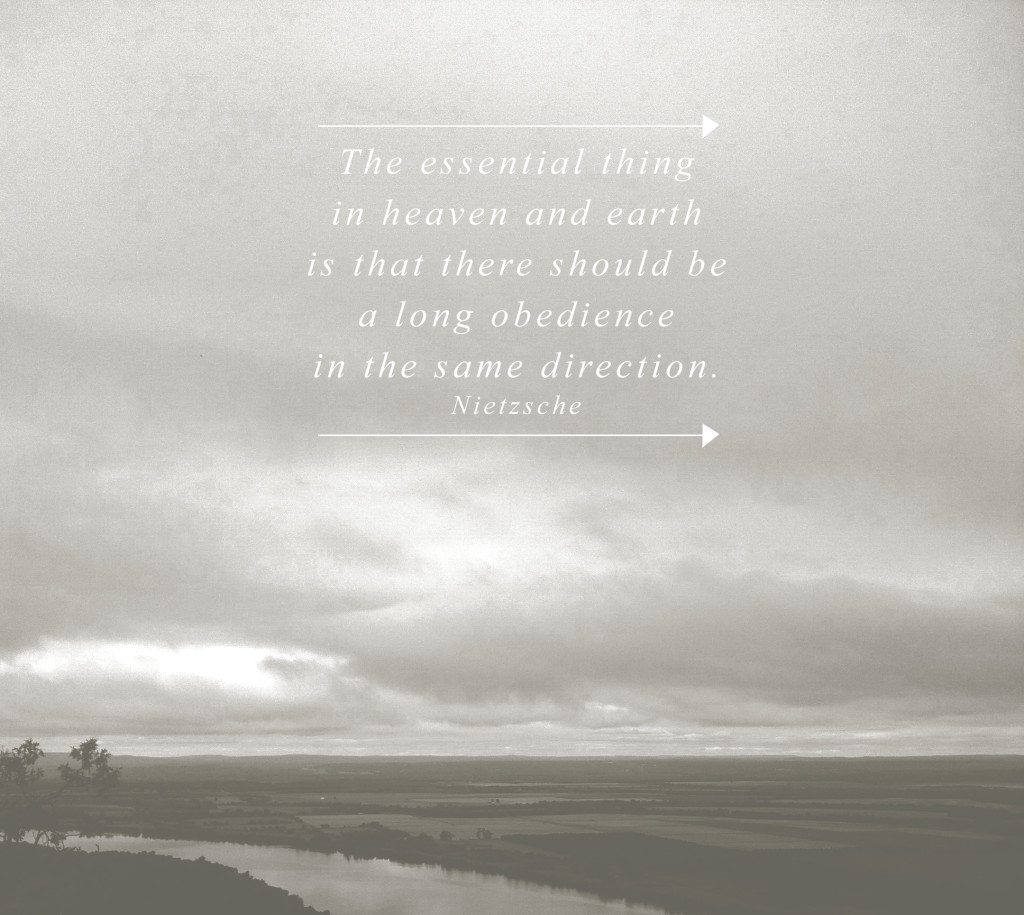When We are Fallow and Infertile
 'Tis the season for all the top ten lists. I thought of doing one but decided against, for various reasons. Writing, for me, has taken a different turn in this season and I've had to mourn the loss with tears, stalwart determination, and sometimes crippled fingers and thoughts. Last week I confessed in tears to Nate that one of the hardest parts of life this year has been how quickly the world turns and how my work has faded from sight, and how forgotten I've felt as time and people progress and we feel stuck. It was a good talk, a humbling one and a needed confession of my own sin. This week I've just tried to remember, remember, remember all that God has done in this fallow season.
'Tis the season for all the top ten lists. I thought of doing one but decided against, for various reasons. Writing, for me, has taken a different turn in this season and I've had to mourn the loss with tears, stalwart determination, and sometimes crippled fingers and thoughts. Last week I confessed in tears to Nate that one of the hardest parts of life this year has been how quickly the world turns and how my work has faded from sight, and how forgotten I've felt as time and people progress and we feel stuck. It was a good talk, a humbling one and a needed confession of my own sin. This week I've just tried to remember, remember, remember all that God has done in this fallow season.
Fallow is an agricultural term meaning, simply, to let a field alone for a period of time in order to restore its fertility. As I look over 2016, and the lingering parts of 2015, it's very easy for me to see all the death and none of the fertility. What have we borne? Nothing, even if you look closely, which I have been trying to do. And there is something inside of me—and probably inside of you—that wants to rush to cover over that sad statement with so many reminders of "All The Good Things!" But, just as those fields need times of fallow, of non-productiveness, of not bearing, and seeming to all the world and the field too, of having lost their ability to bear, God is still doing something in that neglected dirt. The platitudes we want to console or coddle with actually make what isn't happening less beautiful. If I look closely enough I can see God's beautiful sovereign hand in all of the seeming nothing. This may not make sense to you, it barely does to me in my cognitive moments, but in my poetic moments, those mysterious ah-has creep into my heart unawares and surprise me with comfort, joy, hope, and peace.
I take great comfort right now in not being able to know the mind of God, even if I try. For all my attempts to garner an explanation for what He has done and is doing with our lives, or to wrangle a glimpse of next year, or bribe my way into what I want or less of what I don't want, I'm humbled that the only show of hands is His promise of Love. He gives the presence of Jesus, as a baby, in a humble birth, and permission to pray "Our Father" even when He is off in Heaven and we are still here on dirt-encrusted earth, and the gift of His Spirit, comforting, helping, teaching, always quietly and sometimes imperceptibly.
God is doing something in the fallow field, so small, so magnificent, so intricate, and so miraculous, that it would astound me to know the details and so, instead, it just seems to me a dark, hardened, untended, infertile, and frozen acre of dirt. Planting will come, and someday, again, fruit, and then harvesting, but fallowing is just as important for the process as seed sowing and sun shining, it simply isn't as pretty in the meantime.
Thank you, Father, for leaving us fallow sometimes, but never leaving us, ever, any of the time.








